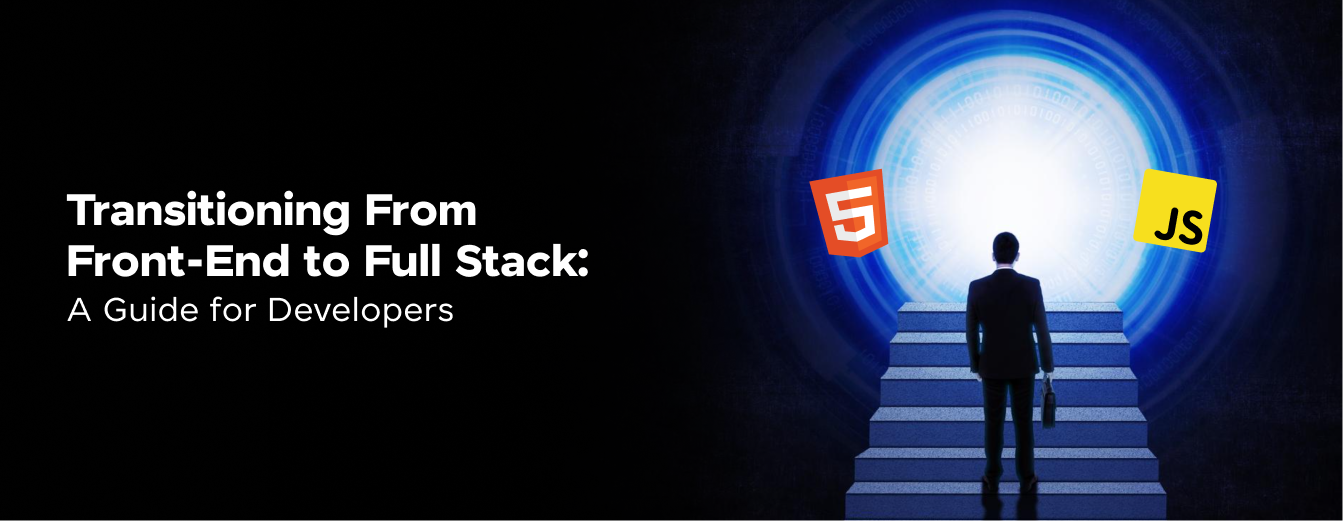
Transitioning From Front End to Full Stack Development: A Guide for Developers
Mar 06, 2025 7 Min Read 3870 Views
(Last Updated)
Transitioning from front-end to full stack development is a bold step that opens up many possibilities in technology. Front-end developers are experts in the user interface, crafting visual experiences with HTML, CSS, and JavaScript. But the journey doesn’t end there. The demand for developers who can work on both the front-end aesthetics and the back-end mechanics of web applications is growing louder.
This blog is your guide for this transition, offering insights into the new skills you’ll need, from server-side logic to database management, and how to weave them together into full-fledged applications. This journey from front-end mastery to full stack expertise promises to be both challenging and rewarding. Let’s explore what it takes to expand your horizons beyond the front end.
Table of contents
- What is Full Stack Development?
- The Transition from Front-End to Full Stack Development
- Learn Front-End Skills
- Learn Back-End Programming
- Understand Databases
- Learn Server, Networking, and Hosting Environments
- Get Familiar with API (REST & GraphQL)
- Version Control Systems
- Security Basics
- Build Projects
- Stay Updated and Network
- Consider Formal Education or Bootcamps
- Career Opportunities in Full Stack Development
- Web Developer
- Software Engineer
- UI/UX Designer
- DevOps Engineer
- Technical Project Manager
- Startup Founder
- Freelance Developer
- Tech Lead/Technical Architect
- Technology Consultant
- Conclusion
- FAQs
- What skills do I need to transition from front-end to full stack development?
- How long does it take to transition from front-end to full stack development?
- Can I transition to full stack development through self-study, or do I need formal education?
What is Full Stack Development?
Full Stack Development refers to the practice of developing both the front-end (client-side) and back-end (server-side) portions of a web application. Full Stack Developers are proficient in handling all aspects of development, from the user interface and user experience design on the front end to the server, network, and database operations on the back end. This comprehensive skill set allows them to build complete web applications from start to finish.
Know More: What is Full Stack Development (FSD)? A Complete Guide
A full stack developer is expected to have a diverse skill set, including but not limited to:
- Proficiency in front-end languages (HTML, CSS, JavaScript) and frameworks (React, Angular, Vue.js)
- Expertise in back-end languages (Node.js, Python, Ruby, Java) and frameworks (Express, Django, Rails, Spring)
- Database management skills, understanding both relational (SQL) and non-relational (NoSQL) databases
- Knowledge of API development, including REST and GraphQL
- Familiarity with version control systems like Git
- Understanding of web architecture and the fundamentals of web technologies
- Basic knowledge of networking and security best practices
- Ability to deploy and maintain applications on various hosting environments (AWS, Heroku, DigitalOcean)
Full stack developers are highly valued for their versatility and broad knowledge base. They can oversee and contribute to all stages of web application development, from concept and design to development, deployment, and maintenance.
This makes them well-suited for small teams or projects where a single developer or a small group of developers must handle all aspects of the application. Their comprehensive understanding of both front-end and back-end systems allows them to troubleshoot issues across the entire stack, leading to more efficient problem-solving and cohesive product development.
Ready to elevate your coding skills and learn full stack development? Join GUVI’s Full Stack Development Course today and transform your expertise from front end to full stack. Don’t miss out—start your journey now and become a versatile developer equipped for any challenge. Enroll now!
Now that we’ve learned about full stack development, let’s explore how developers can transition from focusing solely on the front end to becoming proficient full-stack developers.
The Transition from Front-End to Full Stack Development
Transitioning from front-end to full stack development is a significant step in a developer’s career, expanding your skill set from client-side technologies to include server-side programming and database management. Here’s a structured guide to help you with this transition:
1. Learn Front-End Skills
Before transitioning to full stack development, it’s important to ensure that your front-end skills are robust. This means having a deep understanding of HTML, CSS, and JavaScript, and being proficient in at least one of the popular front-end frameworks such as React, Angular, or Vue.js.
A strong foundation in front-end development will enable you to create engaging and responsive user interfaces, optimize web application performance, and ensure cross-browser compatibility. These skills are essential as they form the basis of how users will interact with your applications.
Reasons
- Consistency in UI/UX: A deep understanding of front-end technologies ensures the creation of consistent and user-friendly interfaces.
- Performance Optimization: Proficiency in front-end development allows for the optimization of web applications for speed and efficiency.
- Responsive Design: Mastery of front-end skills is necessary to create responsive designs that work on various devices and screen sizes.
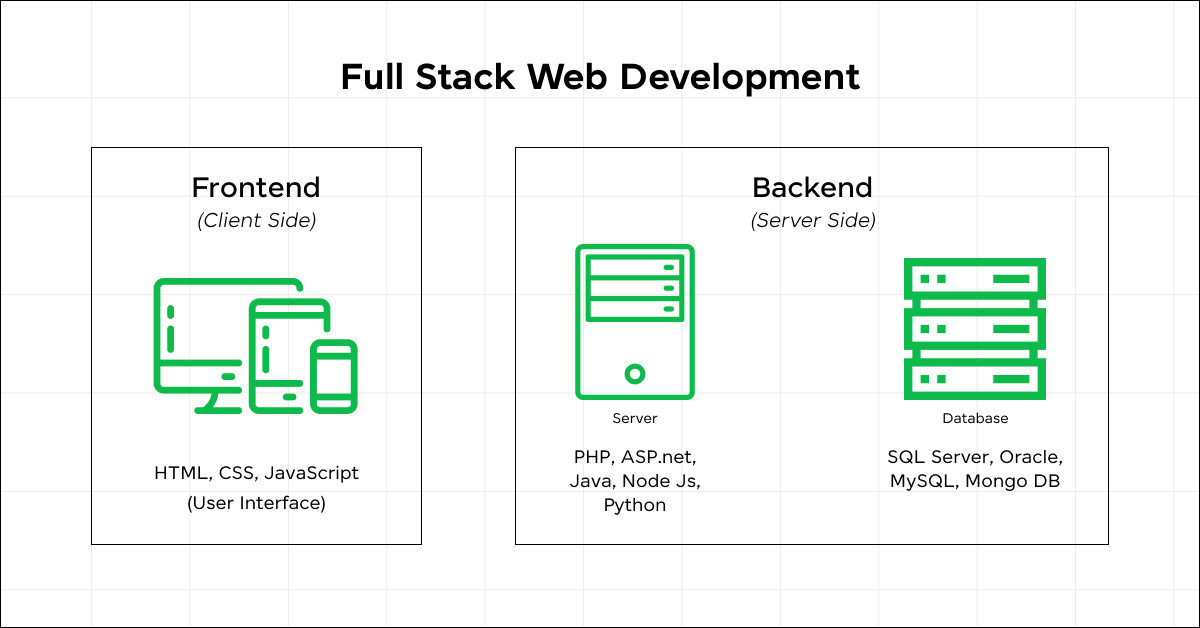
Also Read: Hot Topics That You Need To Know In Full Stack Developer Syllabus [UPDATED]
2. Learn Back-End Programming
Becoming a full-stack developer requires you to extend your expertise to the server side. This involves choosing and mastering a back-end programming language. Popular choices include Node.js, which allows you to use JavaScript on the server; Python, known for its simplicity and powerful frameworks like Django; Ruby, particularly Ruby on Rails, which is known for its convention over configuration philosophy; and Java, a staple in enterprise environments.
Learning back-end programming will enable you to build the logic that drives your applications, manage databases, and ensure that your applications can scale to meet user demand.
Reasons
- Expanded Career Opportunities: Knowledge of back-end programming opens up more job opportunities and career growth.
- Understanding of Server-Side Operations: It enables the handling of database operations, server logic, and application integration.
- Versatility: Being proficient in both front-end and back-end languages makes you a versatile developer, capable of tackling a wide range of projects.
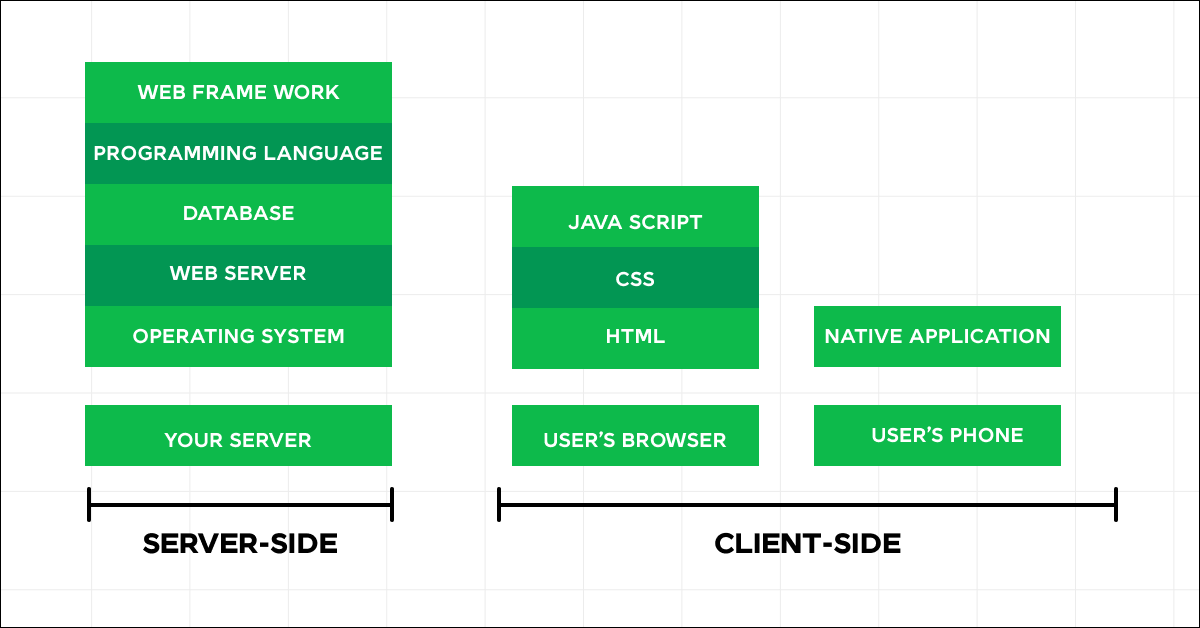
3. Understand Databases
A full stack developer must be proficient in working with databases, as they are integral to storing, retrieving, and manipulating data within web applications. Familiarize yourself with both SQL databases, such as MySQL or PostgreSQL, for their reliability and structured querying capabilities, and NoSQL databases like MongoDB, which offer more flexibility and scalability.
Understanding how to design efficient database schemas, perform CRUD operations, and ensure data integrity is important for the backend of any application.
Reasons
- Data Management: Effective database knowledge is important for storing, retrieving, and managing data efficiently.
- Scalability: Understanding databases is essential for scaling applications and handling large volumes of data.
- Data Security: Knowledge of databases is necessary to ensure data integrity and security.
Read: 10 Best Database Management Systems For Software Developers
4. Learn Server, Networking, and Hosting Environments
An understanding of servers, networking, and hosting environments is essential for full stack developers. This knowledge enables you to deploy and manage applications, ensuring they are accessible to users worldwide.
Learn about different hosting services like AWS, Heroku, and DigitalOcean, and understand the basics of server configuration, DNS management, and security best practices. This will allow you to optimize your application’s performance and availability, troubleshoot server-related issues, and understand the infrastructure that supports your applications.
Reasons
- Deployment Skills: Knowledge of hosting environments like AWS, Heroku, or DigitalOcean is essential for deploying and managing web applications.
- Troubleshooting: Understanding server and network operations aids in diagnosing and resolving issues that arise in web applications.
- Performance Optimization: Familiarity with server management helps optimize the performance and reliability of web applications.
5. Get Familiar with API (REST & GraphQL)
In modern web development, APIs (Application Programming Interfaces) are important for enabling the front-end and back-end to communicate with each other and with other services. Familiarize yourself with creating and using RESTful APIs, which follow a standard, structured approach to data exchange.
Also, explore GraphQL, a newer technology that allows clients to request exactly the data they need, making data retrieval more efficient. Understanding both REST and GraphQL will give you the flexibility to choose the best approach for your projects and ensure seamless integration of various services.
Reasons
- Integration Capabilities: API knowledge is important for integrating various services and data sources into applications.
- Flexibility: Understanding GraphQL and REST allows developers to choose the best approach for data communication based on the project’s needs.
- Efficiency: Proper use of APIs can significantly enhance the efficiency and functionality of web applications.
Also Explore: Use ReactJS to Fetch and Display Data from API – 5 Simple Steps
6. Version Control Systems
Version control is a non-negotiable skill for full stack developers. Proficiency in Git, along with platforms like GitHub or GitLab, allows you to manage your code changes effectively, collaborate with other developers, and maintain a history of your project’s evolution.
Understanding version control concepts such as branching, merging, and pull requests is important for working in a team environment, enabling multiple developers to work on a project simultaneously without conflict.
Reasons
- Collaboration: Version control systems facilitate collaboration among development teams, allowing multiple developers to work on the same project simultaneously.
- Code Management: They help in managing code changes and maintaining the history of a project, making it easier to track and revert changes when necessary.
- Continuous Integration: Version control is integral to continuous integration and deployment practices, streamlining the development process.
7. Security Basics
Security is paramount in full stack development. Understanding the basics of web security, such as encryption, authentication, and protection against common vulnerabilities like SQL injection and cross-site scripting (XSS), is essential.
This knowledge not only helps in protecting user data but also builds trust with your users. A developer knowledgeable in security practices can ensure the integrity and confidentiality of data, making applications safe and reliable for users.
Reasons
- Data Protection: Security knowledge is essential to protect sensitive data from unauthorized access and breaches.
- Trustworthiness: Implementing robust security measures enhances the trustworthiness of web applications among users.
- Compliance: Knowledge of security best practices ensures compliance with legal and regulatory requirements related to data protection.
8. Build Projects
The best way to solidify your full stack development skills is by applying them to real-world projects. Start with simple applications to practice integrating front-end, back-end, and database technologies. Gradually, take on more complex projects to challenge yourself and expand your skill set.
Building projects will help you understand the full development lifecycle, from initial design to deployment, and provide tangible evidence of your capabilities to potential employers or clients.
Reasons
- Real-World Experience: Hands-on projects provide real-world experience in dealing with the challenges of full stack development.
- Portfolio Development: Completing projects helps in building a portfolio, and showcasing your skills to potential employers or clients.
- Skill Integration: Projects allow for the integration of various skills, from front-end to back-end and database management, offering a holistic development experience.
Find Out 8 Top Full Stack Web Developer Coding Projects For You!
9. Stay Updated and Network
The tech industry is fast-paced, with new technologies and best practices emerging regularly. Staying updated on the latest trends is important for full stack developers. Participate in online forums, attend webinars and workshops, and follow industry news to keep your skills relevant.
Networking with other professionals can also provide valuable insights, collaboration opportunities, and exposure to different approaches and solutions in the field of web development.
Reasons
- Continuous Learning: The tech industry is rapidly evolving, and continuous learning is essential to stay relevant.
- Community Support: Networking provides access to a community of developers for support, knowledge exchange, and collaboration opportunities.
- Opportunity Discovery: Engaging with the developer community can lead to discovering new job opportunities, projects, and innovative technologies.
10. Consider Formal Education or Bootcamps
While not strictly necessary, formal education or coding boot camps can provide a structured path to learning full stack development. These programs often cover both front-end and back-end technologies, database management, and best practices in a condensed timeframe.
They also offer mentorship from experienced instructors and networking opportunities with fellow students and industry professionals. For those looking for a guided learning experience, these programs can be a valuable investment in your development career.
Reasons
- Structured Learning: Bootcamps and courses provide a structured learning environment, making it easier to grasp complex concepts.
- Mentorship: Access to experienced mentors can provide guidance, insights, and support, accelerating the learning process.
- Networking Opportunities: Educational programs often offer networking opportunities, connecting students with industry professionals and potential employers.
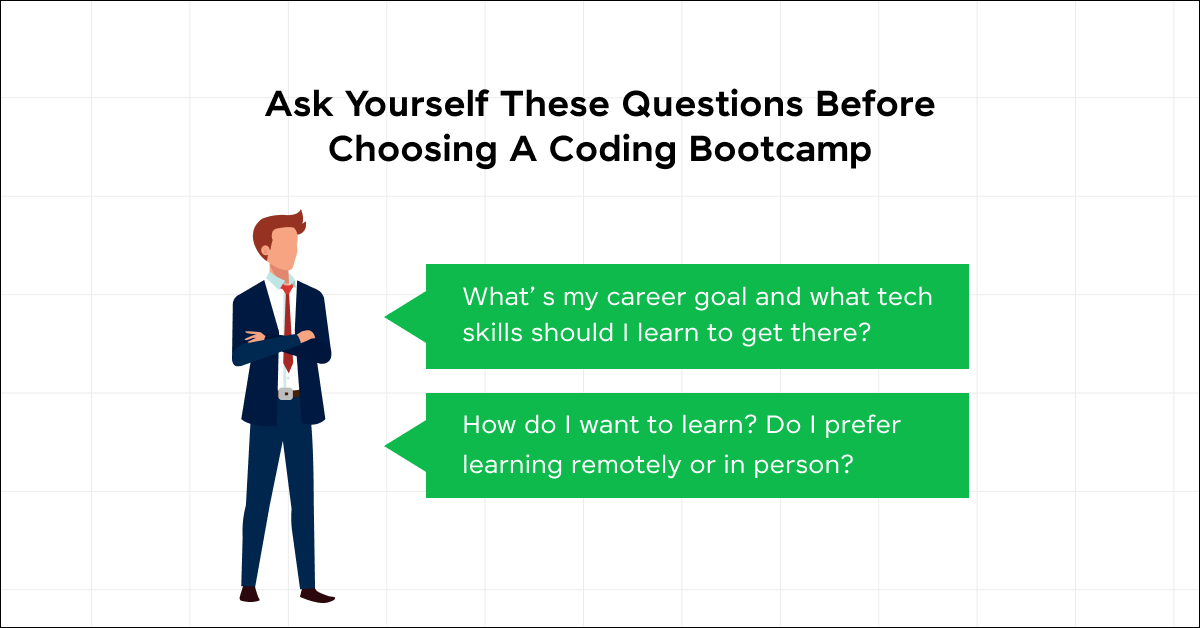
Transitioning to full stack development is challenging but rewarding. It requires dedication, continuous learning, and practical application through projects. Remember, it’s normal to feel overwhelmed at times. Take it one step at a time, and gradually you’ll build the competence and confidence of a full stack developer.
Having discussed the transition from front-end to full stack development, let’s explore the varied career opportunities available to full stack developers.
Career Opportunities in Full Stack Development
Full Stack Development offers a dynamic and lucrative career path in the tech industry. Full stack developers are versatile professionals who have expertise in both front-end and back-end technologies. They are capable of handling all aspects of web development, from user interface design to database management. Here’s a detailed look at career opportunities in Full Stack Development:
1. Web Developer
Full stack web developers are responsible for building and maintaining websites and web applications. They work with HTML, CSS, and JavaScript on the front end, and languages like Python, Ruby, or PHP on the back end. This role requires a broad understanding of web architectures and the ability to troubleshoot and solve problems across the stack.

2. Software Engineer
As a software engineer with full stack capabilities, you can design and develop complex software applications. This role often involves integrating various systems and technologies and can vary widely depending on the company and project requirements. Knowledge of software development methodologies like Agile is often important.
Also Read: Software Developer vs Software Engineer: Who is More Important?
3. UI/UX Designer
While primarily focused on design, full stack developers with a strong interest in UI/UX can bridge the gap between graphical design and technical implementation. They play a key role in designing the user interface and improving the user experience while also implementing those designs in code.
4. DevOps Engineer
Full stack developers can transition into DevOps roles where they work on automating and streamlining the operations and processes of code deployment and network operations. This role blends system administration with development, and knowledge of cloud platforms like AWS, Azure, or Google Cloud is beneficial.
Also Read: AWS vs Azure vs Google Cloud: Comparing the Top Cloud Service Providers
5. Technical Project Manager
Developers with experience in full stack development can move into project management roles, where they oversee projects from conception to execution, ensuring that all technical requirements, deadlines, and specifications are met. They act as a bridge between the technical team and stakeholders.
6. Startup Founder
Full stack developers with entrepreneurial spirits might pursue creating a startup. Their broad skill set allows them to handle much of the initial product development themselves, reducing early-stage development costs and improving the ability to iterate on product feedback quickly.
7. Freelance Developer
The full-stack development skill set is highly favorable for freelancing. It allows developers to take on diverse projects and handle various aspects of development, making them very attractive to clients who prefer to work with a single developer for all their project needs.
8. Tech Lead/Technical Architect
Experienced full stack developers can grow into roles like tech lead or technical architect, where they design entire systems, lead development teams, and make high-level design choices informed by their technical knowledge of the stack.
9. Technology Consultant
Full stack developers can also work as consultants, advising companies on technology best practices, system setups, and development strategies. This role involves a lot of problem-solving and strategic planning based on a deep understanding of both front and back-end systems.
Full stack development is not just a job title; it’s a versatile skill set that opens up numerous career paths across the technology sector. As technology continues to evolve, the demand for skilled full stack developers is likely to remain strong, offering high potential for career growth and opportunities.
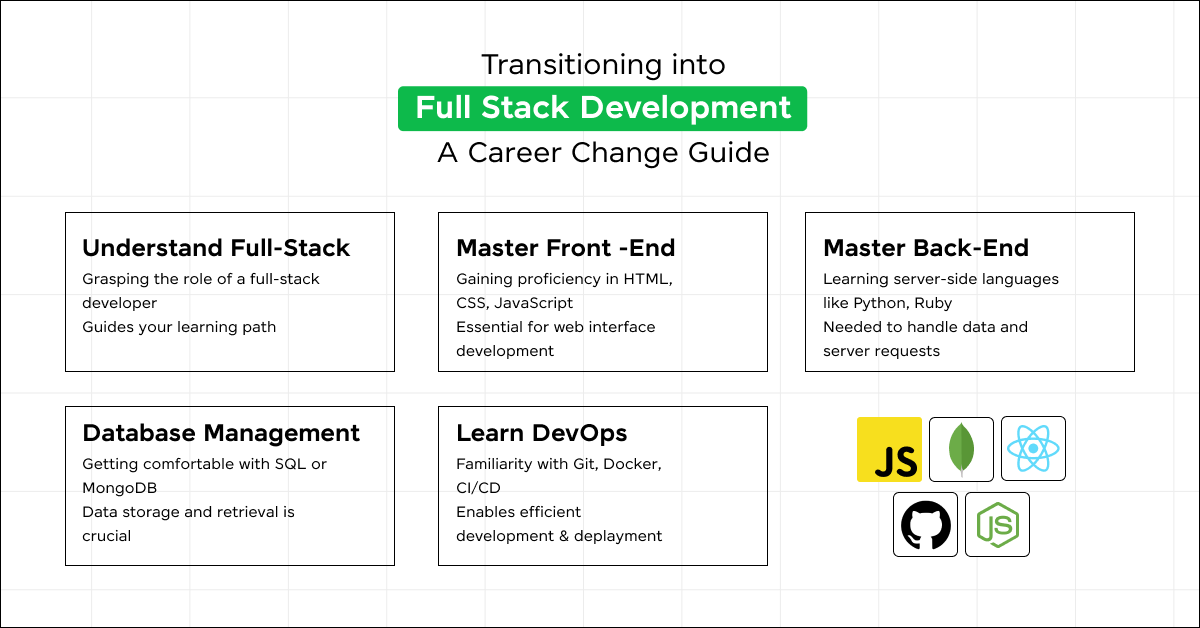
Conclusion
So, to all aspiring full-stack developers, take this journey one step at a time. Stay curious, keep learning, and never be afraid to tackle the unknown. The road from front-end to full stack has opportunities to innovate, create, and make a significant impact. Your journey is unique, and the contributions you will make as a full stack developer are important. Embrace the journey, relish the challenges, and keep pushing the boundaries of what you can achieve.
Must Explore: Top 24 Full Stack Developer Interview Questions & Answers
FAQs
To transition from front-end to full stack development, you’ll need to expand your skill set beyond HTML, CSS, and JavaScript, which are the core technologies of front-end development.
You should learn back-end programming languages such as Node.js, Python, Ruby, or Java. Familiarity with database management systems, both SQL (like PostgreSQL, MySQL) and NoSQL (like MongoDB), is also important.
The time it takes to transition from front-end to full stack development can vary widely depending on several factors, including your current skill level, the amount of time you can dedicate to learning, and how quickly you grasp new concepts. Generally, if you spend a few hours each day learning and practicing, you might be able to make a basic transition in about 6-12 months.
Many successful full stack developers have transitioned through self-study, using many online resources, including tutorials, courses, coding boot camps, and developer communities.
Platforms like GUVI offer structured courses on both front-end and back-end technologies. Participating in open-source projects and building your full stack applications are also excellent ways to gain practical experience.

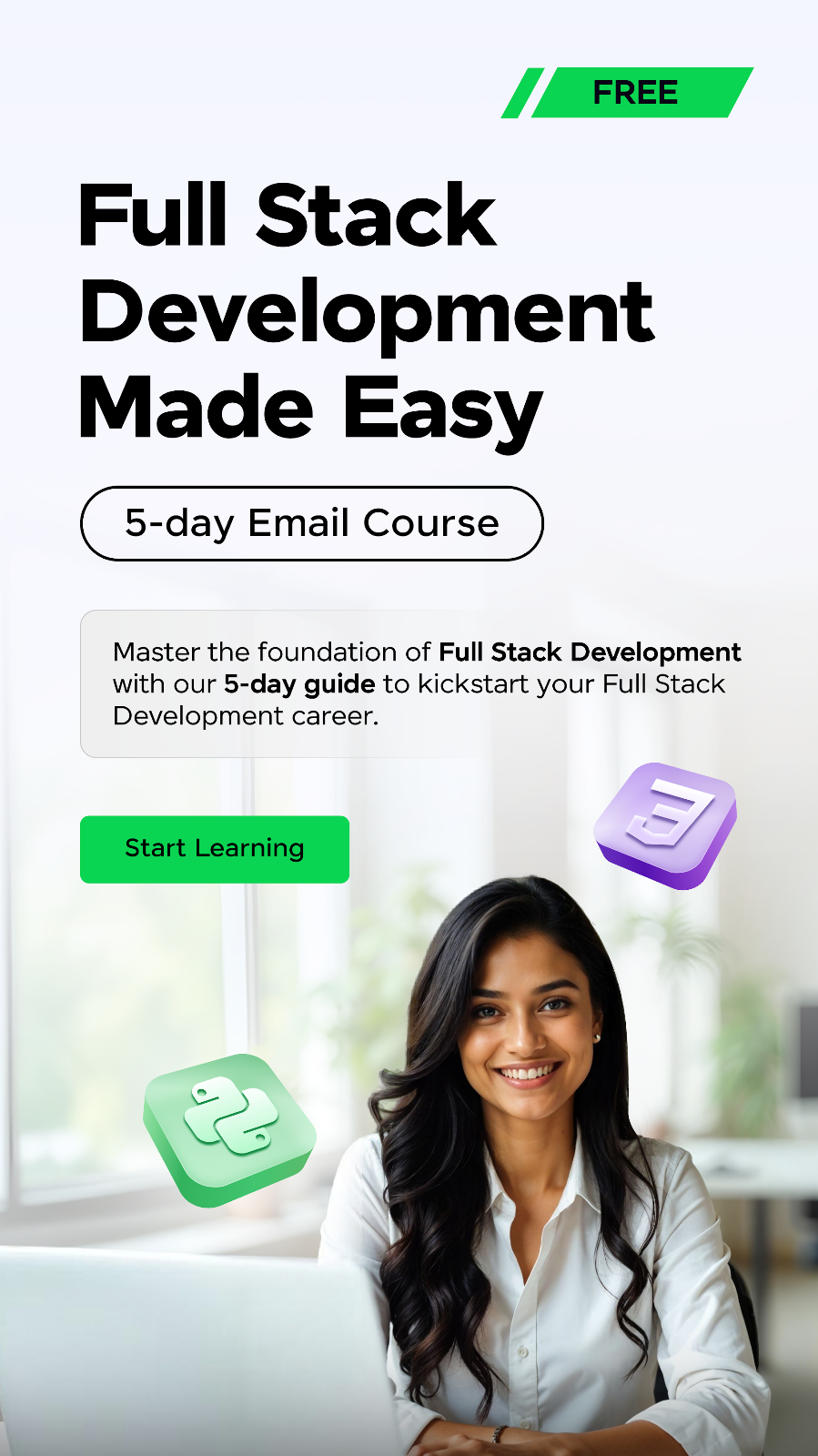








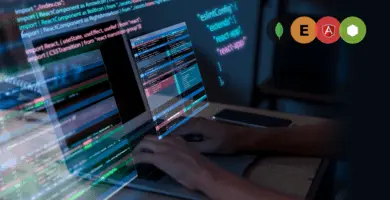
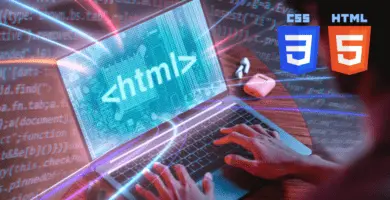








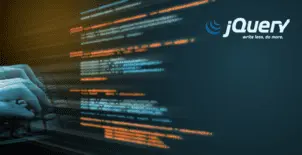

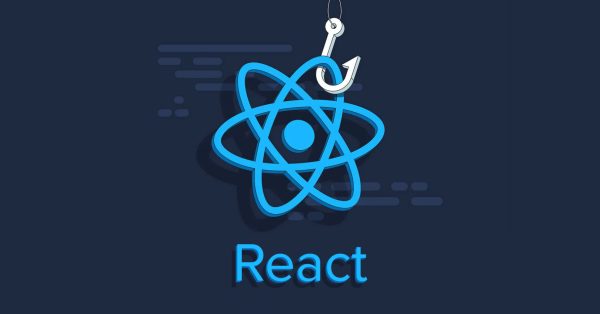

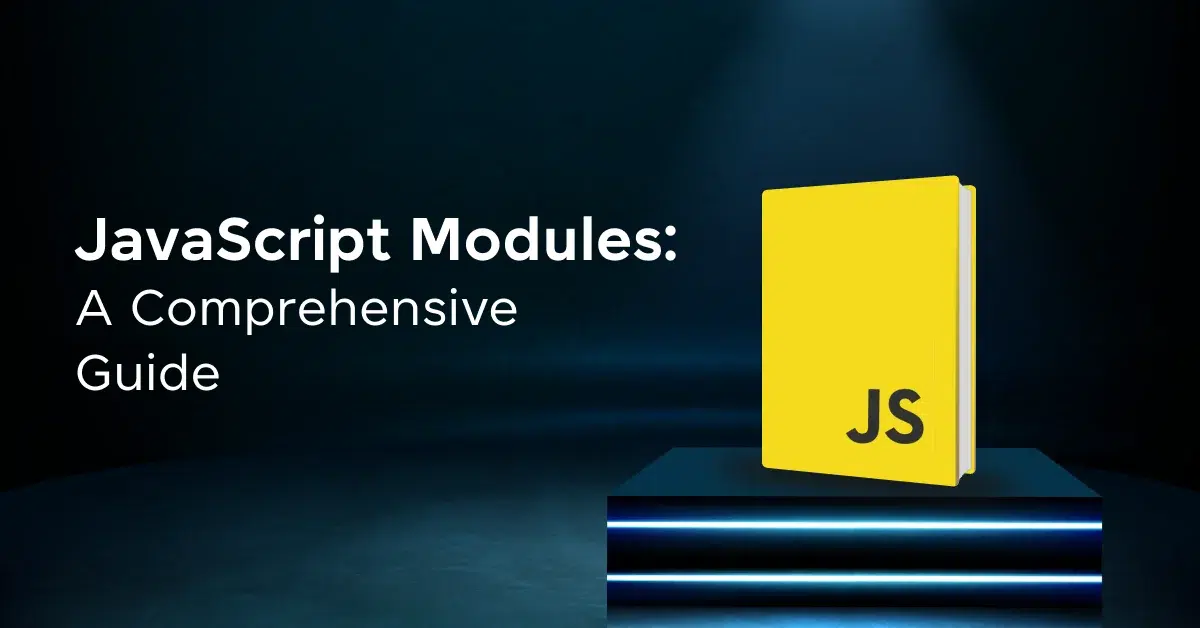
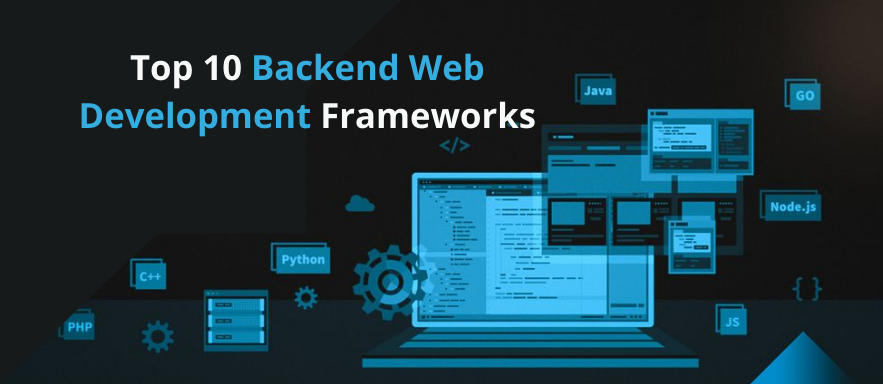
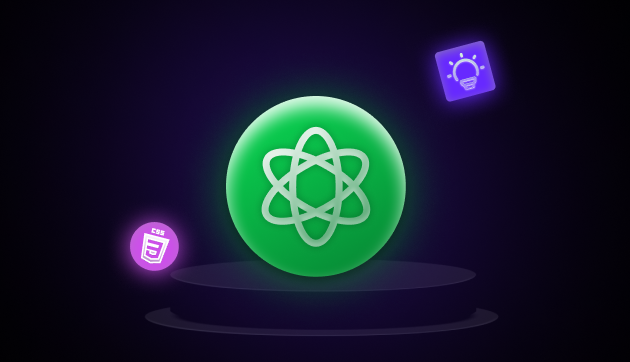


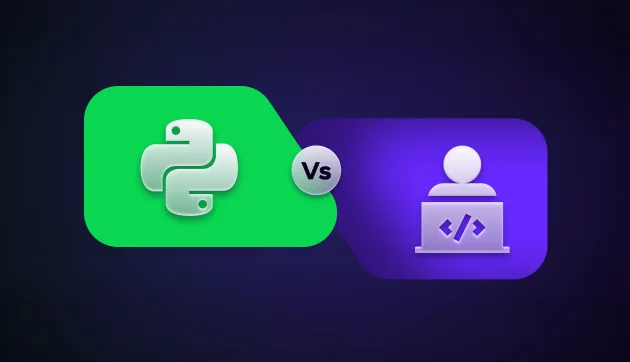


Did you enjoy this article?